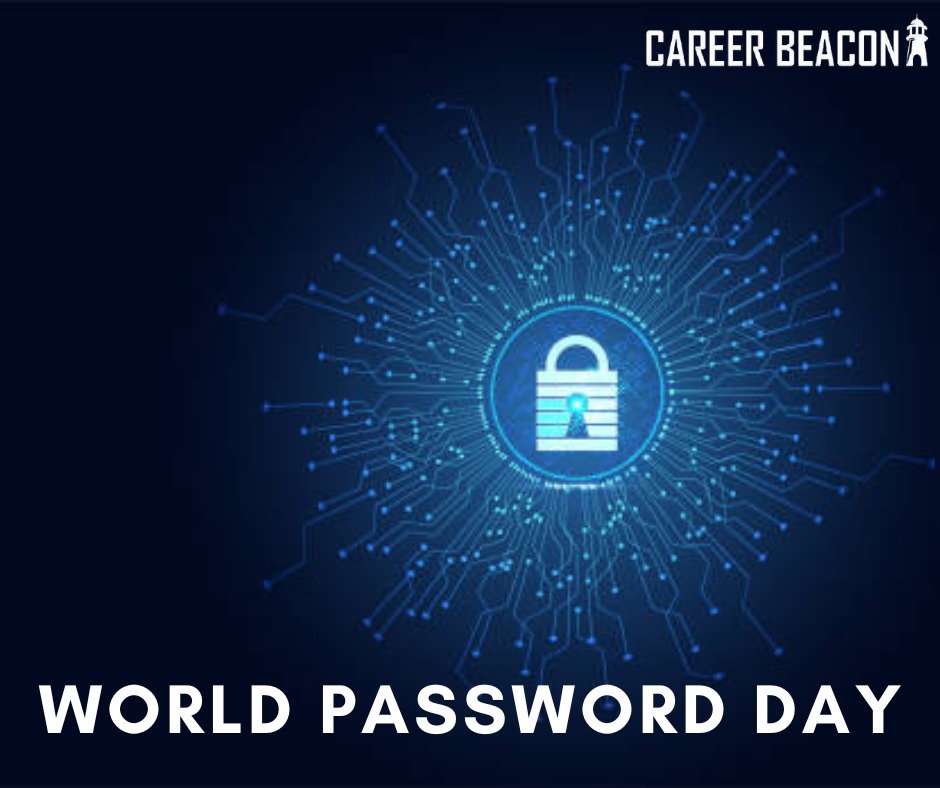
World Password Day: Is your password secure?
On the first Thursday of May month, the world observes World Password Day, and it can’t be a better time to remind all of us about the importance of using storage and secure password for an online account.
As a Cyber Security Student, here are Four tips to keep online accounts secure.
Use a combination of characters: Always use a random sequence of different numbers, letters, and symbols for each platform.
Use a different password for everything: Repeating passwords can also be dangerous as if one service gets compromised, it can put other services and accounts with the same password at risk. With so many apps and services now requiring login details, it’s tempting to repeat the same single password for all of them, but this is a bad idea. Instead, always use a different password for every service or account.
Length of Password: A longer password is relatively more complicated to break. Also, it is somewhat hard to remember. But it is one of the best ways to keep information safe, so use at least eight digits to tighten up security levels.
Change is only Constant: Changing passwords in specific intervals is essential. It might seem complicated; however, using the same basic pattern and adding different combinations can simplify the process. But it will make it easier to remember the passwords.
Two-factor authentication: An additional security layer will prevent your accounts and services from unauthorised access.
When we move online for almost everything, including studies, browsing, payments, mail, messages, and entertainment, it becomes even more important to use a strong password to secure the accounts.
Creating a strong password helps protect your device from viruses, spyware, malware, and ransomware attacks.
Still, it also helps give you that extra layer of safety in the event of your online privacy. Thus, ensuring cyber security in this era of the digital world is the utmost priority.
Want to choose Cyber Security as a career? Join an institute which offers the practical training and real world case studies.


